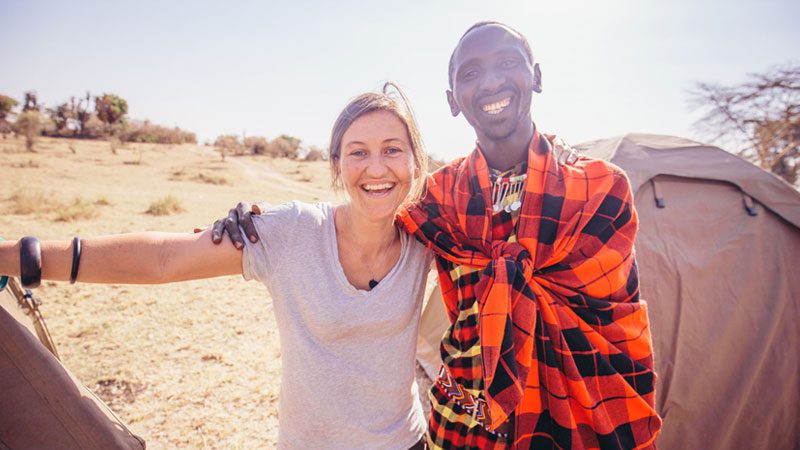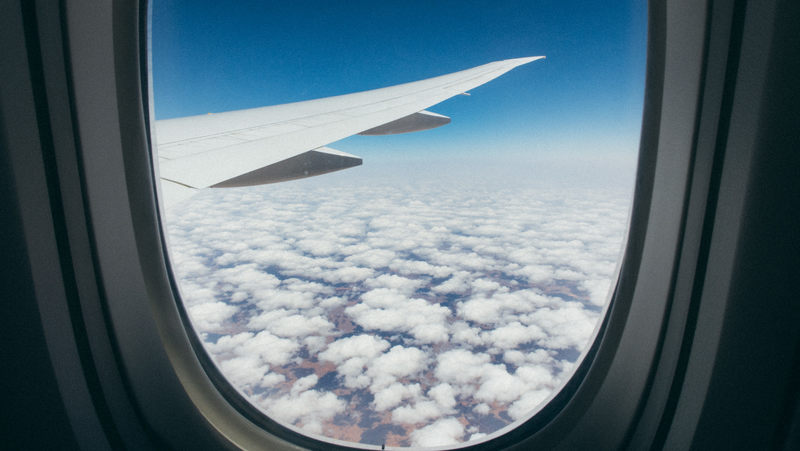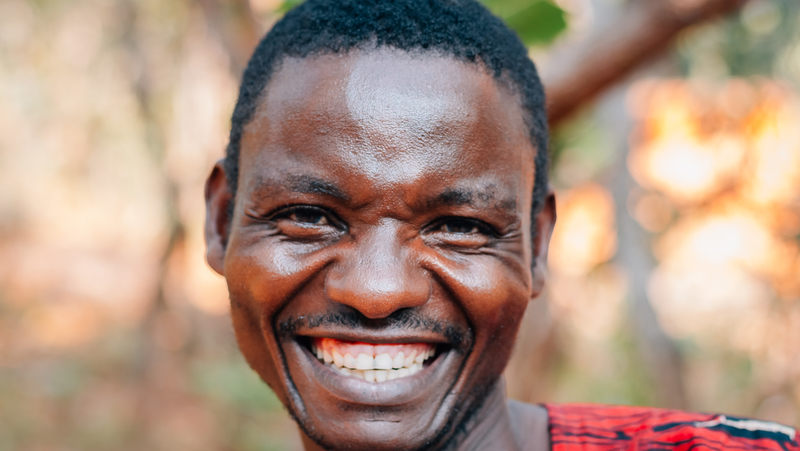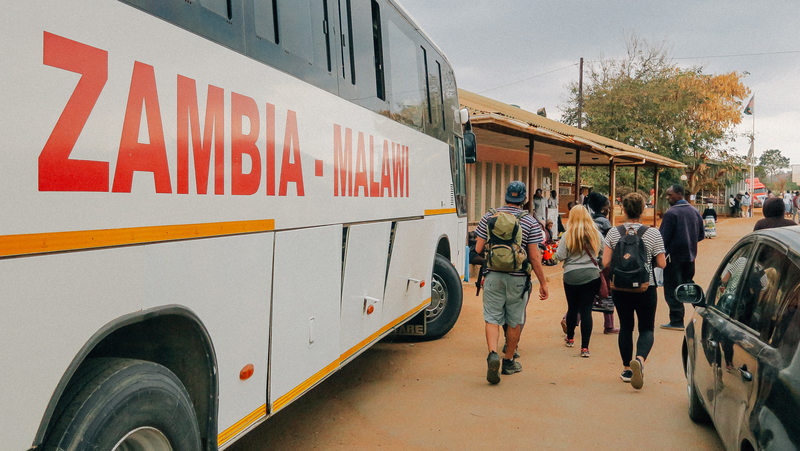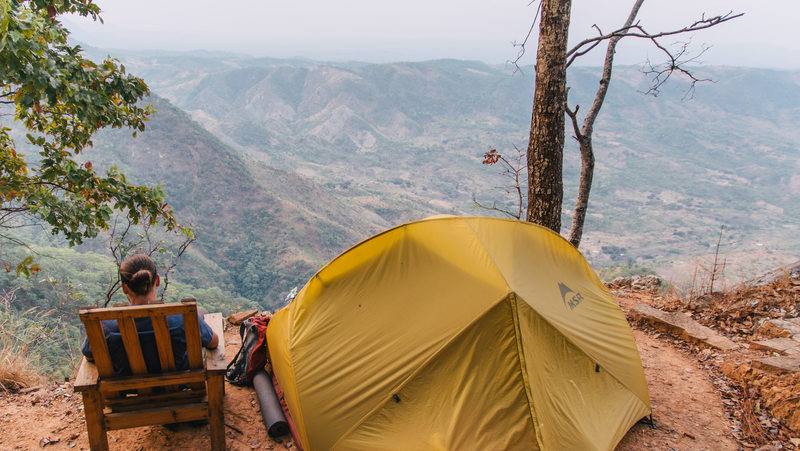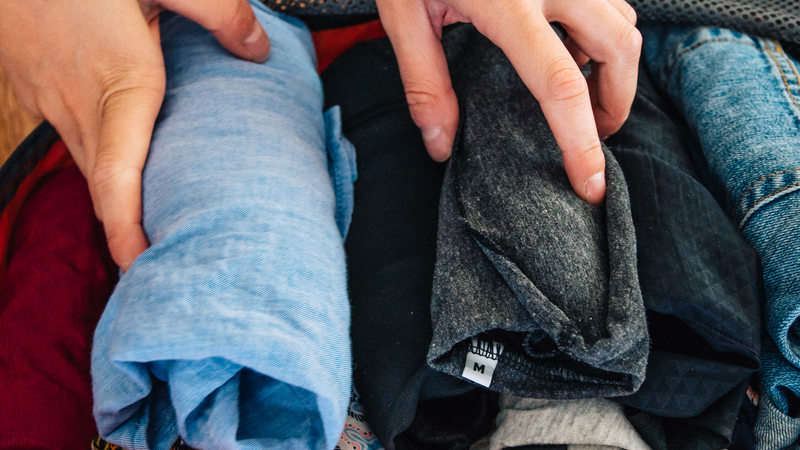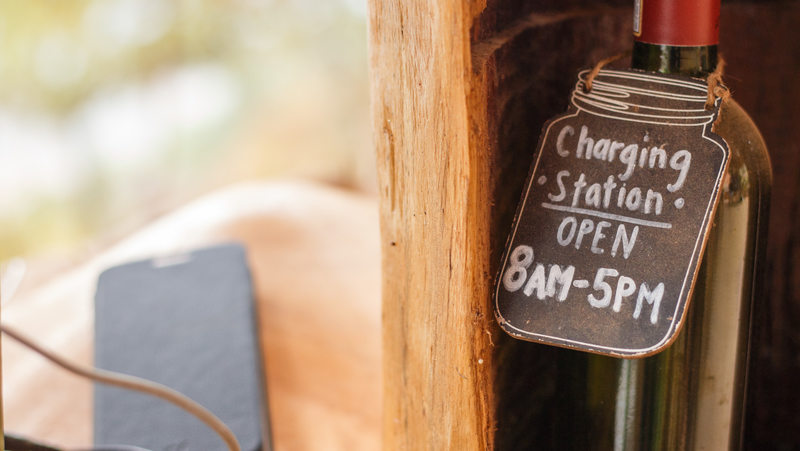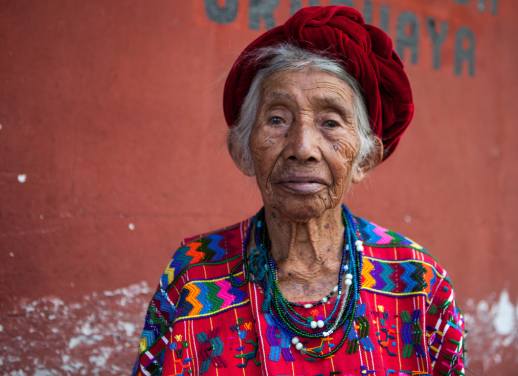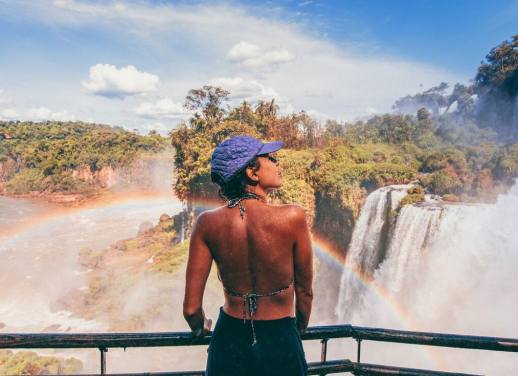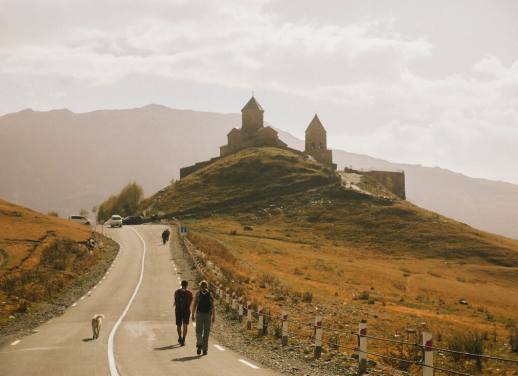You’ve finally taken the plunge and booked that ticket for an epic African adventure, you’ve planned a rough itinerary, picked your safari, and soon you’ll be on your way – hooray!
From the incredible natural environment to the rich cultural history, the friendly locals to the vibrant markets, Africa has everything, sometimes all at once. There’s just something about this fascinating continent that pulls you in and keeps you wanting to return over and over again. But there’s no denying that it can also be a daunting place to travel for even the hardiest of explorers!
We recently spent 4 months travelling through southern and central Africa, and we compiled all the things we either learnt along the way (through misfortune or trial and error!), or wish we’d known before we left for you, so you can focus on having the stress-free African adventure of your dreams!
How to speak the language
If you’re worried you’re going to get stuck at the airport in Tanzania forever because you can’t direct your taxi driver in fluent swahili, stay calm.
You’ll be mighty relieved to discover that despite the 1,500-2,000 local languages spoken in Africa, English is actually an official language in many countries (along with German or French in a few countries!).
Don’t miss out by being lazy and relying solely on English though; learn some key phrases. The locals will appreciate it and you’ll have a much richer experience for it – like the time a friendly Malawian fruit stall owner threw in a few extra pieces because we attempted our best Chichewa with him!
What the locals are like
Forget what you’ve seen in the movies; collectively, Africans are some of the friendliest people on the planet. It’s common to be greeted with a huge smile and hello, and most are keen to learn your name, where you’re from and why you’re visiting.
You’ll probably encounter the phrase ‘Mzungu’ being thrown your way – often by locals smiling as they wave out of car windows or pass you on the street. The literal translation from Swahili is ‘person who wanders without purpose’, though these days it’s used to describe any white foreigner. It’s mostly said in a friendly, joking way – so try not to take offence.
It’s also important to remember that Africa as a whole is very religious (Christianity and Islam are widely practiced) and quite conservative so be respectful of this in your speech and dress.
How to avoid border hassles
Unfortunately corrupt border processes are one aspect of African travel that can be seriously frustrating for travellers.
Most of the time you’ll pass with no issue, other times you may have to wait hours for your passport to be processed without explanation, or be asked to pay a corrupt official a bribe. Then there are the touts offering to exchange your money at rates that are totally ridiculous, or trying to sell you anything from bangles to samosas (side note: always buy the samosas, guys).
Thankfully, we managed to make it through eight different border controls with minimal hassle, and you can too, by following these tips:
- Be informed: Know your visa requirements before visiting any country in Africa. Get in touch with your local embassy before travelling, or pay a visit to Project Visa for answers to all your visa-related questions.
- Be organised: While you can get most visas at the individual points of entry, arranging them ahead of time saves a tonne of hassle (and sometimes, money!) later.
- Be money smart: Always carry spare US dollars just in case. If you need to change money on the border, always know the exchange rate before you get there and bargain hard.
- Be stubborn – if someone looks like they’re deliberately holding things up to make you pay to “rush it through” firmly (and politely!) ask to have your passport back. If you’re certain that your visa meets all the requirements but you’re being asked to pay more to get it approved, decline and ask to speak to another official.
- Above all else: approach the process with a smile and have a laugh. It’s easier that way!
How to travel around
One of the best things about travelling in Africa is no matter where you are or where you want to go, getting from A-to-B is always possible. How you get from A-B however, is another story altogether.
Taxis, tuk tuks, mopeds, rickshaws, you name it… If it has wheels and appears capable of travelling some distance, you can probably travel on it. You might find yourself sitting on a flight or bus, crammed into a local mini bus with 25 other people (and the odd goat or chicken!), or hitching a ride in the back of a pick-up with half a village heading home from the markets.
For the record: travelling by mini-bus is an African rite of passage and we totally recommend embracing the uncomfortable seat and cramped conditions for this insight to how the locals live!
For a journey you can relax into, our tips are:
- Always travel by day. Always.
- Always wear your seatbelt
- Don’t expect to leave or arrive on time – things run on Africa time here!
- You may, or may not, get a seat. You may sit in the aisle of the bus for 5 hours with a chicken pecking at your head. Roll with it – it’s all part of the adventure!
- For most mini bus journeys, you can negotiate your fare
- Never pay a “bag storage fee” on large buses. It’s a scam – your ticket price includes your baggage.
Accommodation
From tailor-made luxury safari tents where you can live like Prince Harry, through to your standard backpacker dorms where snore-proof earplugs are a must – the options of where to lay your head in Africa are many and varied.
Many travellers actually choose to camp their way through Africa (we often did!), because the camping facilities are accessible, safe, full of good amenities, and super cheap. Plus, what better way to make new friends than by sitting round the campfire swapping stories about your day?!
Larger cities have all the usual accommodation options, the further into the countryside you venture, the less options are available. Don’t fear though, you’ll ALWAYS find somewhere to rest up after a hard day’s adventuring!
Things to consider:
- Always book accommodation well in advance during peak season (May – October). Places like Namibia are extremely popular, with very limited accommodation in desert areas.
- Use guide books, online reviews or local recommendations. Does it get good reviews?!
- Does your accommodation have a safe, lockers or locks?
- Is there a night watchman/security to make sure you and your belongings are safe overnight?
How to stay healthy
Medication & health: Check with your GP about what vaccinations and medication you’ll need before you depart.
Hot tip: Most countries require Yellow Fever vaccination proof just to enter the country.
We also packed the following to keep us fighting adventure-fit on the road:
- Anti malarial medication
- Antibiotics
- Painkillers
- Antihistamine
- Iodine tablets
- Hydrocortisone cream
- Insect repellent: DEET is your new best friend!
* Sadly, though the lakes in Africa look inviting, many are home to a horrible parasite called Bilharzia. We’re not in the business of horror stories, so we’ll leave you to investigate the delights of that one yourself – but you DO NOT want to get it. Always check with locals before taking the plunge.
Water: There’s a pretty common misconception that there’s no clean drinking water in Africa, but we’re here to tell you it is possible to drink water straight from the tap in South Africa, Namibia, and parts of Zambia and Botswana. Head north and you’ll need to be cautious, but carry iodine tablets and you’ll be fine!
Food: All you really need to know is that food in Africa is delicious. It’s also mostly high quality – though perhaps avoid meat in remote areas due to a lack of proper refrigeration.
How to stay safe
We actually felt more safe in African countries than we did in other regions of the world we’ve visited. However, as always it pays to do your research before you go.
Keep the following in mind and you’ll have a stress-free trip!
- Leave the flashy jewelry and designer labels at home – they’re not practical, and make you a target instantly.
- Wear a money belt OR only take a day’s worth of cash out with you.
- When taking money out at an ATM, be aware of your surroundings. If something seems suspicious, move along quickly.
- We’re photographers, which means we always travel with big cameras and even bigger lenses. But you’d never know, because they’re safely locked away in our bags till needed. Don’t make yourself a target by waving yours around!
- Don’t walk the streets at night by yourself, especially in larger cities or towns. If you’re out late, take a taxi or Uber, every time.
- Pickpockets exist here as they do everywhere, so if you’re visiting markets, bazaars, train or bus stations be extra careful.
Going it alone
Africa is a wonderful place to travel solo. If you’re open, you can have wonderfully rich experiences while meeting incredible people. You’ll also find that it’s pretty safe – any dangers that exist for both males and females are pretty the same as anywhere else you’d travel to.
Where possible, follow these tips and you should have no issues:
- Be cautious when travelling to remote regions
- Don’t travel alone at night
- Register your travel plans with your government
- Keep in regular contact with members at home
Money matters
Africa isn’t a cheap holiday by any stretch – generally the daily costs for a traveller are much higher than in Asia or even South America.
Budget around $100USD per day per person for transport, accommodation and food. Safaris and adventure activities bump up the cost substantially, so you’ll need to allocate more for those.
There are 54 currencies in Africa, so things can get tricky if you’re travelling to multiple countries. Here are a few tips to handle it all:
- Most southern African countries have ATM’s or credit card facilities. If not, it’s best to find a local bank and stock up on currency.
- If you have a large amount of currency left over when leaving a country, exchange it at the border with a reputable source. Only in extreme circumstances should you use street vendors
- Always hide at least $200 USD somewhere safe in case of emergencies
- Credit card fraud is big time in Southern Africa, so be wary. We had our cards skimmed in South Africa and temporarily lost AUD$1500!
- Tipping is generally expected, though it varies region to region
Staying scam-free
Our general rule of thumb is “if it sounds too good to be true, it probably is”; live by this in Africa and you should be okay.
Here’s what to avoid:
- People offering a good or service (e.g. tour) for free, including tours, only to charge exorbitantly at the conclusion of the service
- Fake products or tickets being sold at inflated prices
- Payment for stored baggage on bus rides
- Insisting on carrying baggage at airports or bus depots, then demanding a large ‘tip’
- Over inflated taxi or bus rides – always agree on a price first!
- People posing as refugees, students or orphans begging
- Other ‘payments’ at border crossings, including health assessments or for bogus documents
Be mindful of resources
Electricity, or lack of it, is big issue in Africa. Many areas have it, yet over 600 million people still go without. As technology develops so does access, however if you are travelling, please take this into consideration. Switch those lights off and unplug your chargers!
We recommend carrying a worldwide travel adaptor and a solar charging device (not all rest camps will have consistent access to power!).
Same goes for water – Africa is a dry continent, and has long-suffered droughts. Short showers = benefit for all.
Ready for a proper African adventure? Check out our small group trips.

